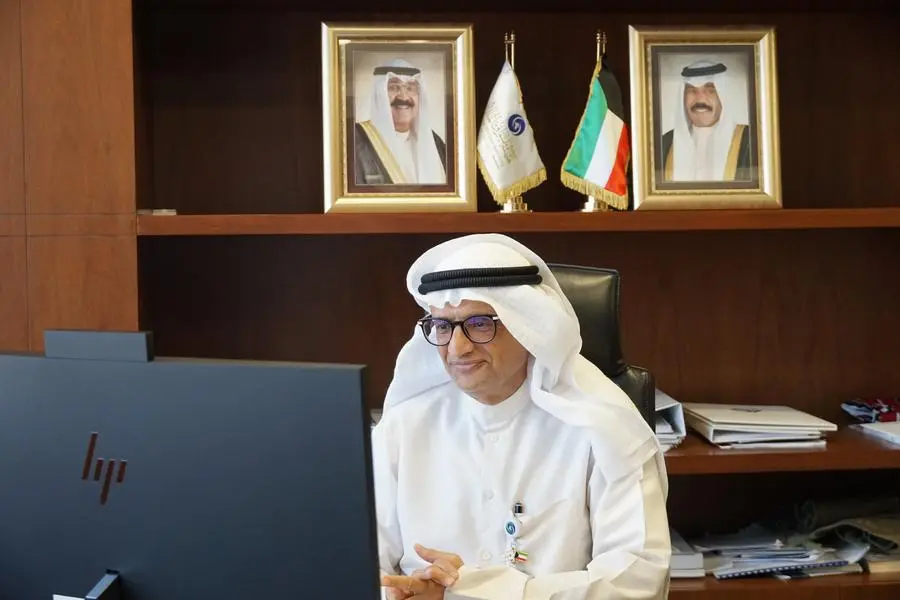PHOTO
Financial fraud in Kuwait and the region has been a priority issue for the country’s Capital Market Authority (CMA), according to Chairman of the Board of Commissioners and Managing Director Prof. Ahmed Abdulrahman Al-Melhem.
“Our efforts have been directed towards the removal of unlicensed companies and fake investment from the market,” he told Zawya, “and we continue to alert the public about financial fraud that has been taking place in the country and in the region.”
The issue is prominent enough that the CMA presented a proposal for financial fraud to be a part of the agenda in a GCC meeting last month, also calling for collective action in the region. “Financial fraud is a challenging issue for all of us and something that we face daily,” Melhem said.
“Currently, the market’s health is satisfying, and we are moving in the right direction,” he added. “For our part, we present our claims to the General Public Prosecutor in Kuwait and spread awareness about the kinds of financial fraud that take place in the market. Our measures have been successful so far, and we now see a decrease in such kinds of activities.”
The Authority has initiated many campaigns to educate the public on financial fraud, covering topics such as unlicensed securities brokering, fake trading accounts in social media channels, and the announcement of fake projects.
Emerging Market for Islamic Capital
Melhem also spoke to Zawya of the increasing demand for an Islamic capital market in Kuwait and the need to develop this sector as part of the country’s efforts to diversify its financial interests.
A 2021 IFSB capital market report shows a 21.2% post-COVID-19 annual growth rate in the global sukuk market, which is primarily attributed to the increase in sovereign and corporate issuances from Malaysia and the GCC region, with Kuwait emerging as one of the leading contributors in Q1 2021.
“There is a lot of scope for Kuwait to be an important hub for the Islamic capital market in the region. We have outlined steps to achieve this goal in our new strategy, and a committee is in place to advise the commissioner of steps that can be taken,” Melhem said.
Earlier this year, the CMA also initiated a scoping meeting with the Saudi Islamic Development Bank Institute (IsDBI) to assess Kuwait’s potential, provide technical support and study the challenges involved in developing an Islamic capital market in Kuwait.
Strategic Plans and Market Monitoring
Meanwhile, the CMA has announced the launch of its third strategic plan in continuation with its efforts to develop Kuwait’s financial markets and in line with the investment plans outlined in Kuwait’s Vision 2035.
According to the CMA, the strategic roadmap outlined for the next four years is aimed at developing a legislative structure to supervise the market, and it includes plans to develop the country into a prospective investment hub.
Melhem noted as well that the new plan would reflect the changing geopolitical influences across the world. “The Ukraine war, oil price fluctuations and the recent hike in global interest rates have affected the investment climate in general. These are challenges to the capital market, so we try and incorporate these in our plans as well.”
(Writing by Jethu Abraham; editing by Seban Scaria)




















